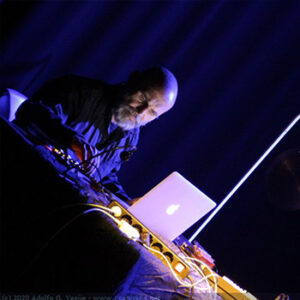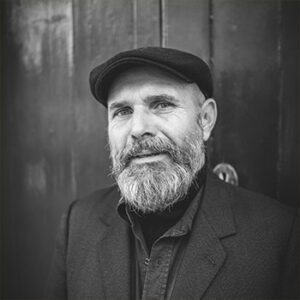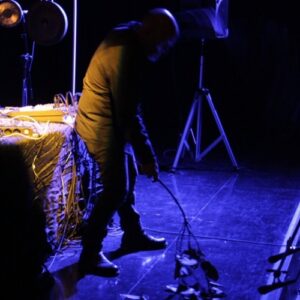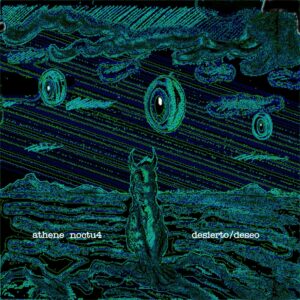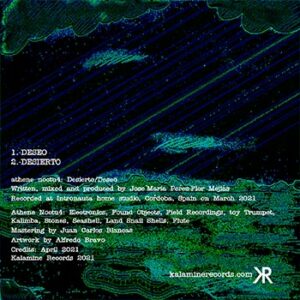Athene Noctu4
Recorded at 500 Goats Home Studio in January 2024.
All music by Juan Cepas and José Mª Pérez-Flor.
José Mª Pérez-Flor : electronic devices, kalimba, field recording.
Juan Cepas : Guitar, electronic devices, field recording.
Mastering by Juan Carlos Blancas.
Artwork by José Mª Pérez-Flor
In “The Leaves don´t leave the Tree”, Athene Noctu4 continues to explore the relationship between the sounds coming from instruments or acoustic objects found and the field recordings of phenomenologies of nature, with the more digital electronics of softwares such as Pure Data or Supercollider. The result is medium or long-term pieces that invite us to feel the mystery that surrounds us, sometimes dark and other times bright, although always mesmerizing. The music develops slowly intertwined with textures that become asymmetrically percussive, although if listening persists we realize that this asymmetry becomes complex harmonies that create skeletons or almost elusive structures that invite deep and meditative listening, creating a rich harmonic soundscape. “The Leaves Don´t Leave The Tree” is the fourth album by Athene Noctu4, produced in 2023 and recorded in her home studios in Córdoba (Intronauta Music) and edited in collaboration with Kalamine Records (digital edition), it´s an almost perfect synthesis of her previous works. and
sound investigations. The Central Idea of the album comes from a book called A Course In Miracles, which tells us that “Ideas don´t abandon their source.” Another way of saying that we are a collective Mind and that no matter how much we divide and create ghettos among ourselves that seem to differentiate us more and more, we all come from that mind that is One and that we can never leave.
“Desierto/Deseo” is a sound reflection on human desire and its endless and painful evolution through history.
It is a vain attempt to construct with sounds an epic of cause-effect relationships between our ontological dissatisfaction, our desires and the emptiness that their achievement causes us.
For many of us desire is a problem, the desire for property, for position, for power, for comfort, for immortality, for continuity, to be loved. The need to have something permanent, satisfying and lasting: something that transcends time. Always substituting an object of desire for another that seems more satisfying, nobler, more refined, pursuing and exchanging mechanical symbols that constitute pure mirages in the desert of our frustrations.
This leads us to wonder if there are good wishes and bad wishes, wishes that “advance humanity” and wishes that take us deep into the eternal wheel of the dual dream.
A philosophical question, which like all of this kind, can only lead us to another even bigger question, thus perpetuating the Russian doll game of our mind.
